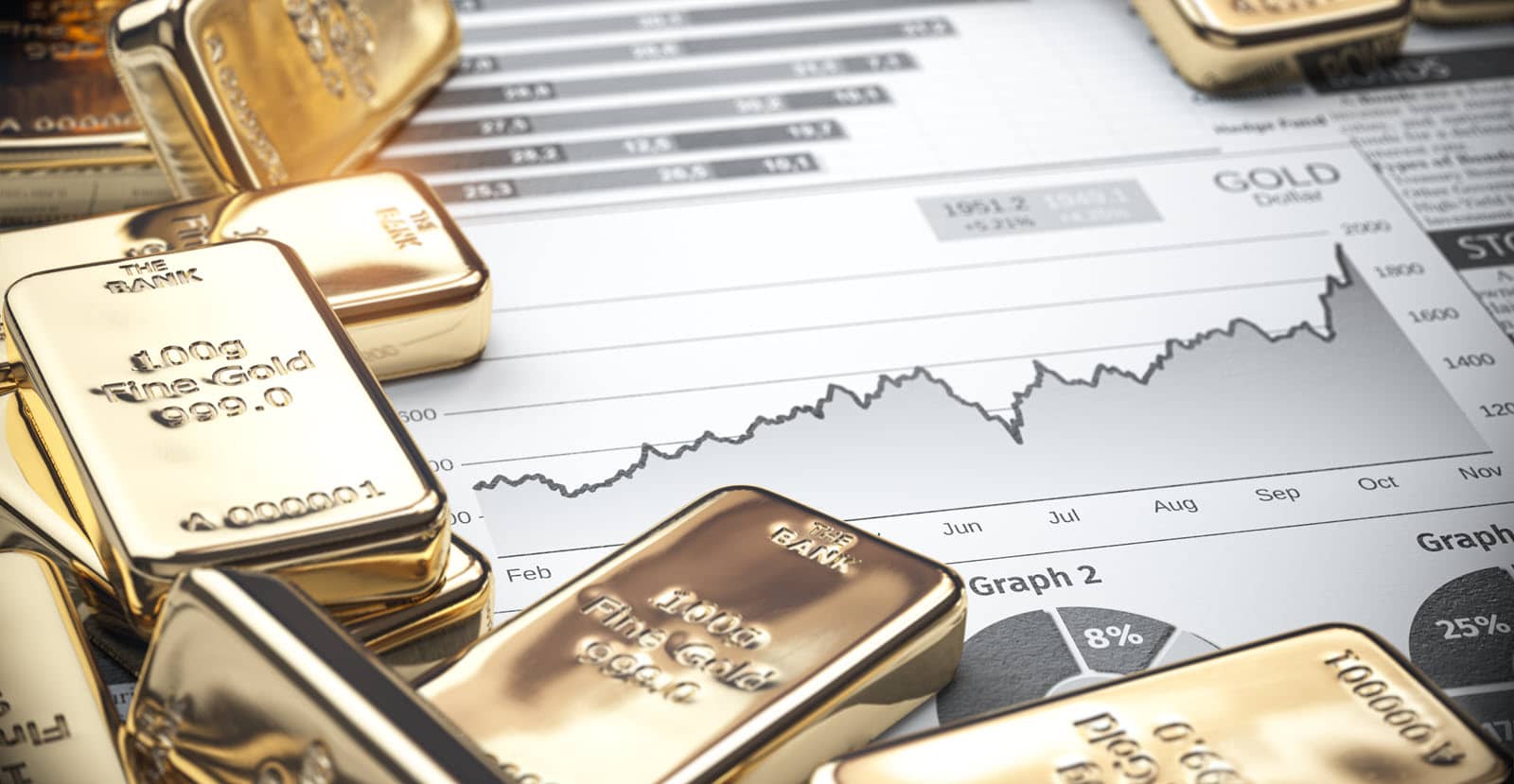Gold is a precious metal that has fascinated humanity for centuries and wasn’t just created here on Earth. It has a celestial origin, dating back billions of years to the heart of exploding stars. This cosmic alchemy gave birth to gold, and it was later deposited on our planet. But what makes gold so valuable, and why does it hold such an esteemed place in our society? Here at Gold’n Loan, we love buying and selling gold in the form of jewelry or even as scrap metal. Gold has a rich history. Read on for some interesting facts about gold and what makes it so precious.
The Cosmic Birth of Gold
Billions of years ago, in the fiery cataclysms of supernovae, gold was formed. These massive explosions of dying stars scattered heavy elements, including gold, into the universe. As these elements travelled through space, they began to coalesce, forming planets, including our own. Gold, the child of stars, became a part of Earth’s composition.
The Intrinsic Value of Gold
Gold possesses unique characteristics that contribute to its value. It’s highly malleable, resistant to corrosion, and has a distinct lustre. These qualities make it not only beautiful but also functional in various industries, including jewelry, electronics, and dentistry. Gold’s conductivity and reflective properties are unmatched, making it an essential material for many technological applications.
Gold as a Store of Value
One of the primary reasons gold is valuable is its role as a store of value. Throughout history, civilizations have recognized its worth and used it as a form of currency. Even in the modern era, central banks and investors hold gold as a hedge against economic uncertainty and inflation.
The Psychological Value of Gold
Beyond its physical attributes, gold carries a deep psychological value. Its rarity and historical significance make it a symbol of wealth and power. The allure of gold is deeply ingrained in our culture, from the stories of legendary treasures to its representation in popular media.
Economic Factors
Economic conditions, such as interest rates, inflation, and currency fluctuations, also influence the value of gold. In times of economic instability, investors often flock to gold as a safe haven. This increased demand can drive up its price.
Geopolitical Tensions
Global conflicts and political instability can lead to increased demand for gold. Investors turn to it as a safeguard during uncertain times, further boosting its value.
Environmental Impact
The environmental impact of gold mining and refining has become a growing concern. The extraction of gold can have devastating effects on ecosystems and local communities. Sustainable mining practices are essential to mitigate these impacts.
On the other hand, recycling gold is an environmentally friendly choice. You can buy used jewelry, or get a few pieces of old jewelry melted down and turned into something new! When you sell your old jewelry to gold buyers, ultimately, it will end up being recycled.
In 2022, out of the 4,754 tonnes of gold in the market, 1,144 tonnes of it was recycled. ♻
Recycling: is a circular gold economy a possibility? | Xetra-Gold®
The Future of Gold
As we look to the future, gold’s value remains a complex interplay of factors. Its role in technology, investment, and cultural significance will continue to shape its worth. Understanding the multifaceted nature of gold’s value is key to appreciating its enduring allure.
Conclusion
Gold’s incredible value can be traced back to its cosmic origins, intrinsic properties, and multifaceted roles in society. This precious metal has fascinated humans for millennia and will likely continue to do so. As we navigate the intricate web of factors that influence gold’s value, we find that its worth transcends the material and enters the realm of the symbolic and timeless.
FAQs
- What makes gold so valuable to investors?
Gold is seen as a safe haven investment, particularly during economic uncertainties. Its historical track record of preserving wealth makes it an attractive option for investors. - How does the rarity of gold impact its value?
Gold’s scarcity plays a significant role in its value. Limited supply, coupled with high demand, drives up its price. - What are the environmental concerns related to gold mining?
Gold mining can have severe environmental consequences, including habitat destruction and water pollution. Responsible mining practices are essential to mitigate these issues. - How has the role of gold evolved throughout history?
Gold has transitioned from a form of currency in ancient civilizations to a valuable material in various industries, including technology and jewelry.




